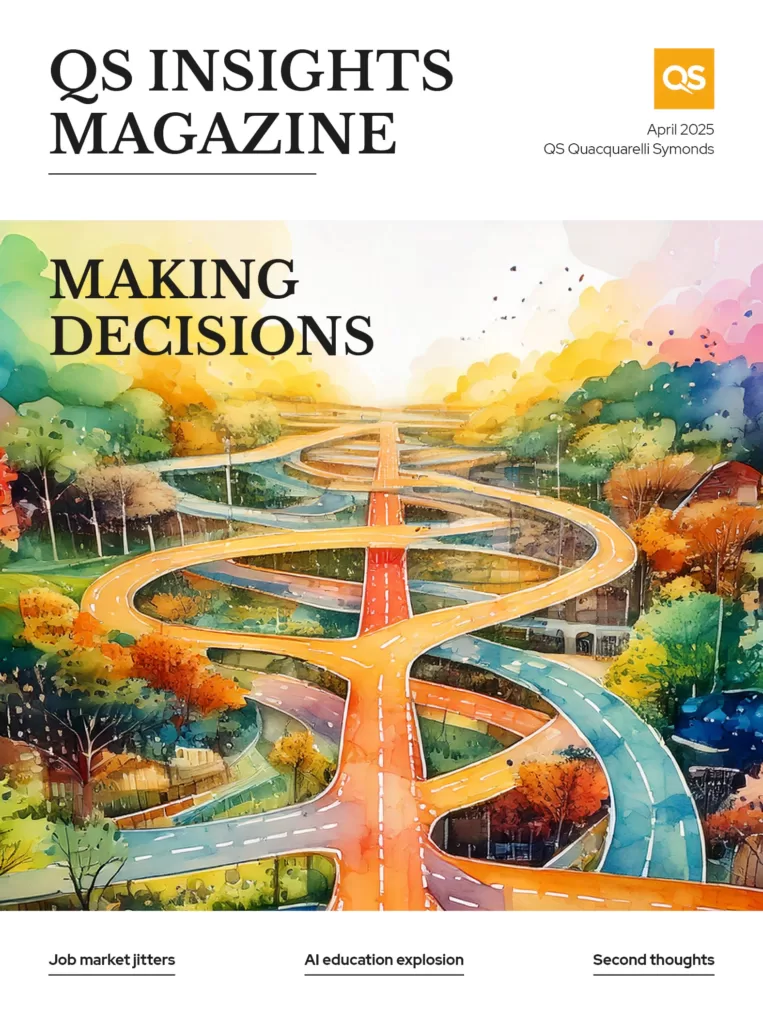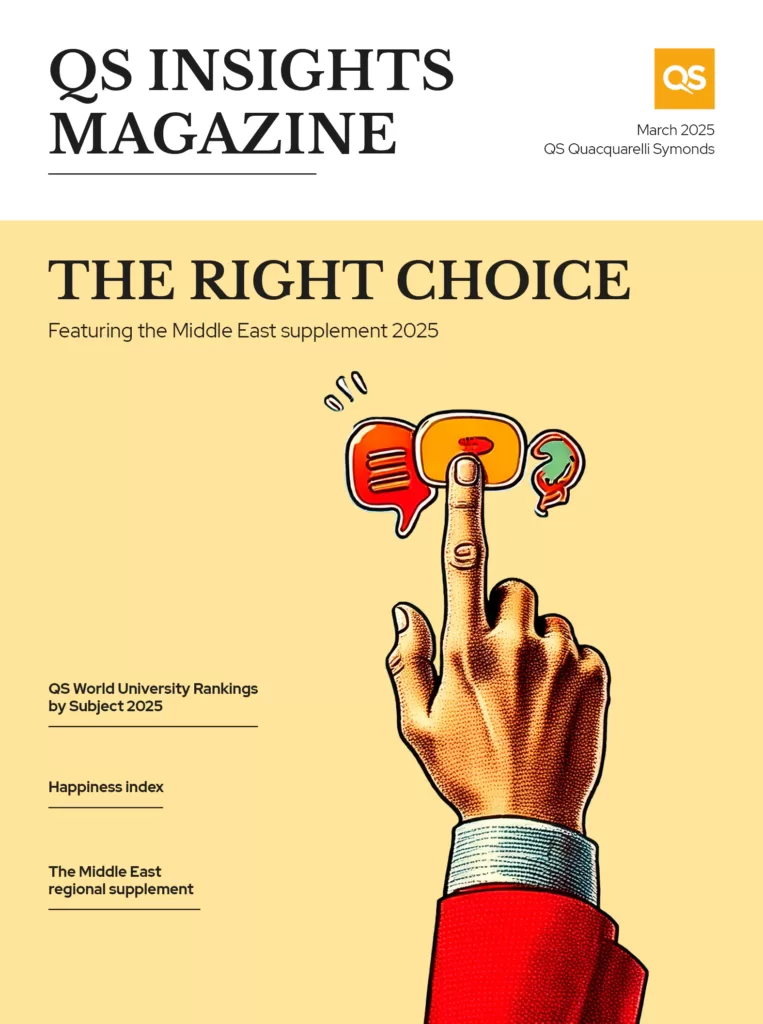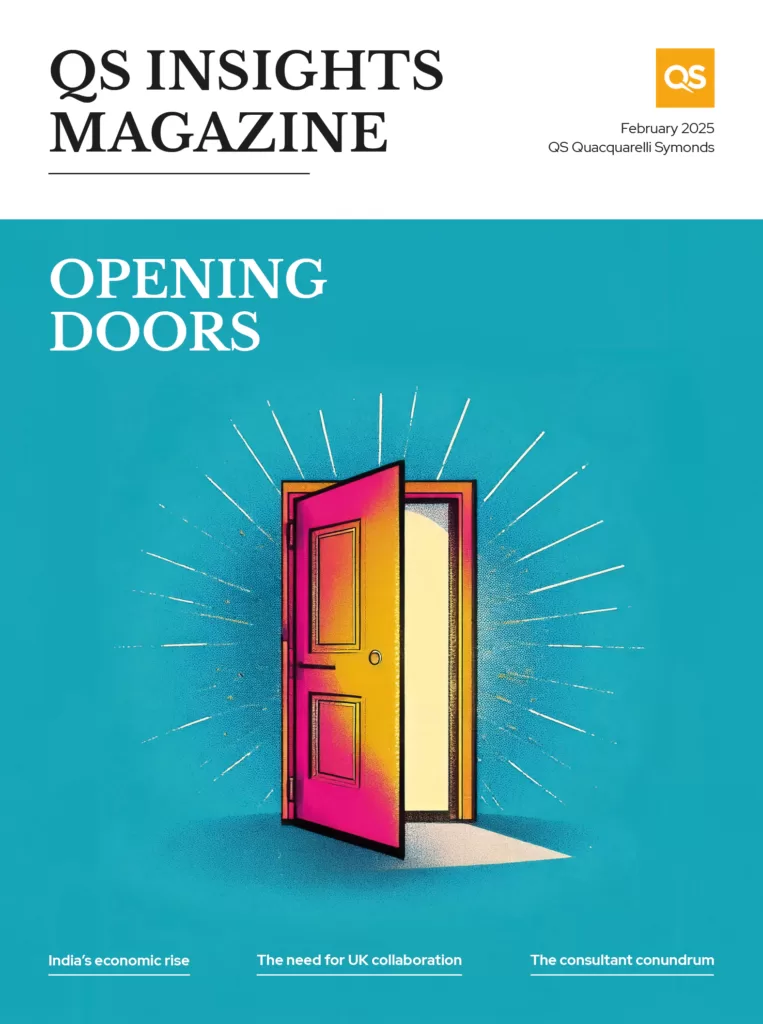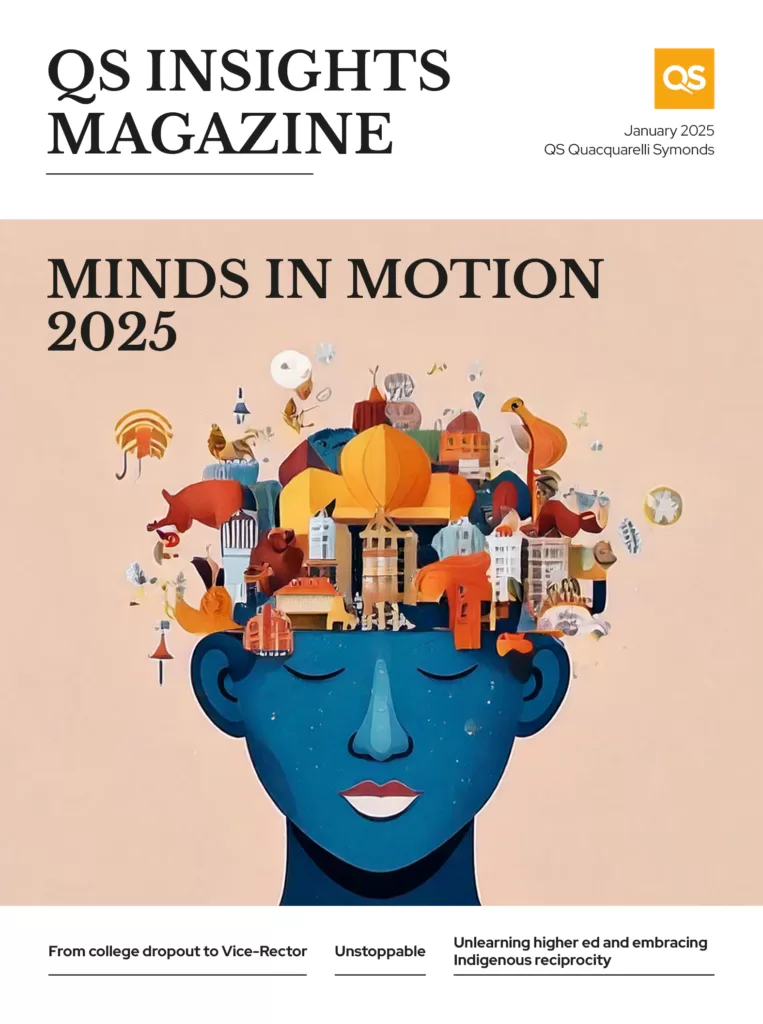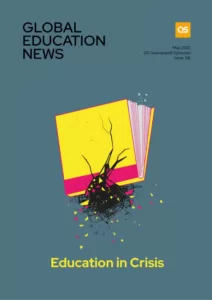
This issue will feature insights, articles and interviews with industry leaders focusing on:
- The pandemic brought an unexpected halt to the brain drain in many parts of the world. John O’Leary asks how long this respite will last.
- Educational access for refugees and those seeking asylum can experience a number of barriers, including limited available infrastructure and steep financial hurdles. Niamh Ollerton will explore how institutions are helping refugees overcome these hurdles.
- With the internet and social media so intrinsically intertwined in students’ lives, airing one’s opinion isn’t a very difficult thing to do. But is it a different story on campus? Afifah Darke looks at how self-censorship manifests in classrooms, involving issues such problematic surveys, “cancel culture”, and the skills of having challenging conversations.
- Research into the impact of climate change on vulnerable communities is an important discipline for understanding the next steps in supporting those affected and setting government policy towards finding solutions. In the first of a two-part series, Claudia Civinini explores the history of the field, and the unintended consequences unconscious biases can have on research outcomes.
- International students fees have alleviated some of the stressors on country’s higher education systems. But is this model sustainable, and what does the future hold?
- Gitanjali Goswami explores some of the challenges researchers and universities experience when presenting and communicating their work to lay-audiences.
Looking for the latest higher education and employability insights, trends and analysis?
Subscribe to our weekly newsletter, the QS Midweek Brief, here.
